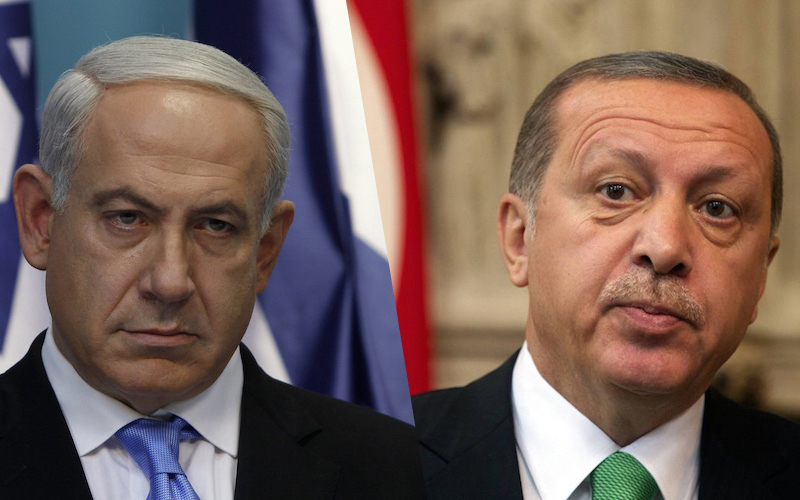
Terrorism and Turkey’s Deal With Israel
On Tuesday, three machine gun-wielding suicide bombers attacked Istanbul’s Atatürk Airport, killing 41 and injuring hundreds. News of the attack quickly overshadowed the week’s other major development in the country: a deal to normalize relations between Turkey and Israel after a six-year falling out. Although the two events might seem unrelated, they are connected in that one of the major factors driving reconciliation was cooperation on intelligence and counter-terrorism. Whether the deal will survive long enough for such benefits to be realized is a question that only becomes more urgent after the horrific terrorist attack.
Israel and Turkey’s announcement that they had agreed on the terms of their reconciliation came after years of false starts. Under the deal, Israel will pay Turkey $20 million in compensation for the nine Turkish citizens killed during the raid on the Mavi Marmara flotilla in 2010, allow Turkey to send humanitarian supplies to Gaza via the Israeli port city of Ashdod, and permit Turkey to support building projects in Gaza, including a hospital, power plant, and desalination plant. In return, Turkey has promised to end the lawsuits still pending in its courts against four high-ranking Israeli military officials involved in the flotilla raid, stop Hamas from launching or financing terrorist operations against Israel from Turkish territory, and intercede with Hamas on Israel’s behalf to secure the return to Israel of two Israeli civilians and the bodies of two Israeli soldiers being held in Gaza. Both sides have also agreed to return their ambassadors to the other country and to drop any remaining sanctions against each other.
On paper, this all sounds great, and there is no question that reconciliation can theoretically help both sides. The drivers of past aborted attempts at normalization, namely potential energy cooperation and coordination on Syria and counter-terrorism, are still at work, and there are benefits for both sides to be realized. Nonetheless, the celebrations in Jerusalem and Ankara are more likely than not to be short-lived for two reasons: the parameters of the deal may be more difficult to abide by than appears at first glance, and the entire structure could well fall apart at the first sign of the inevitable next round of fighting in Gaza.

